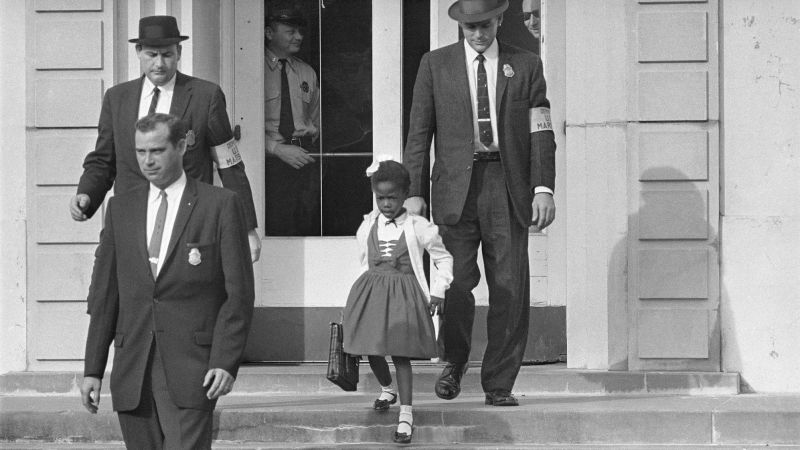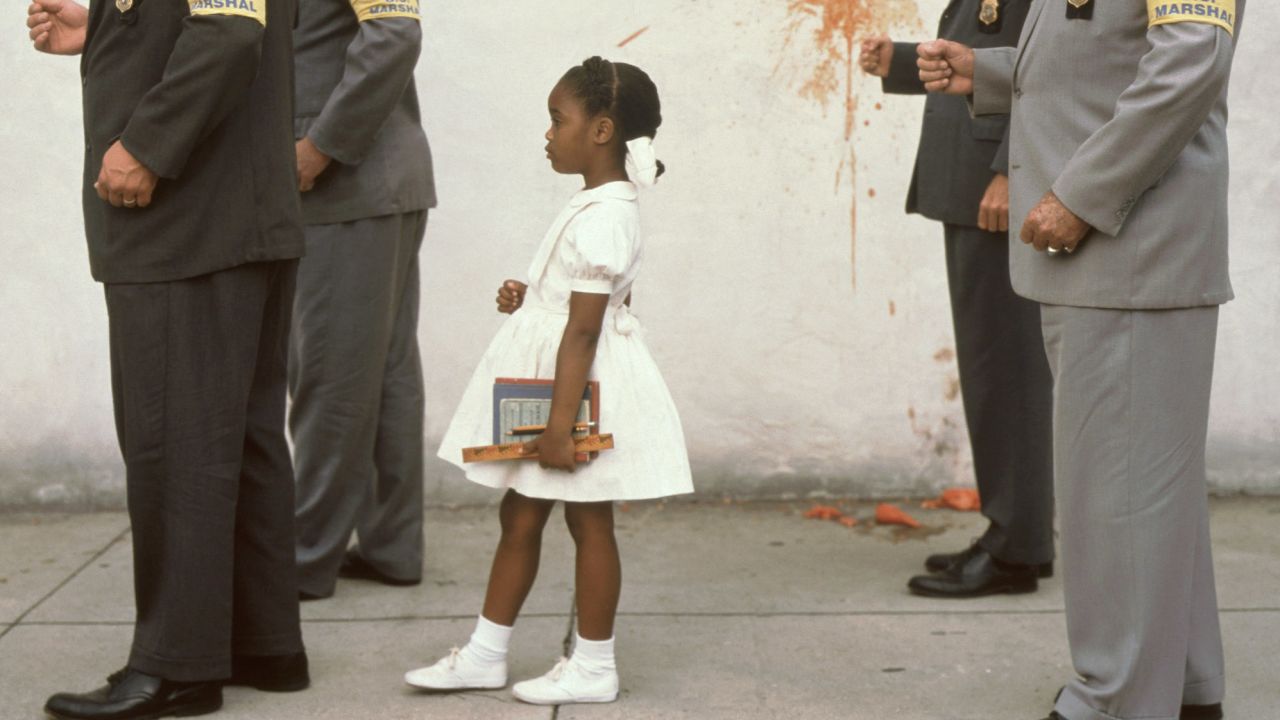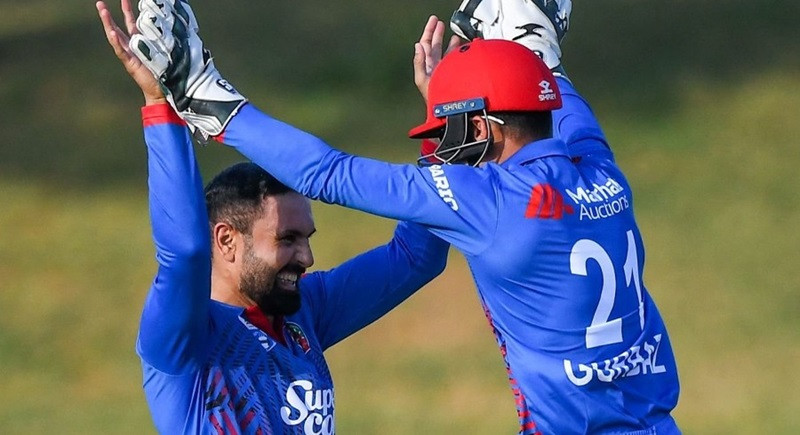
CNN
—
A film about a Black first grader who integrated an all-White elementary school in the South is under review in a Florida school district after a parent objected to the movie’s use of slurs and argued it could teach students that “White people hate Black people,” according to school officials and documents obtained by CNN.
A parent of a second grade student at North Shore Elementary in St. Petersburg filed a formal complaint March 6 requesting the removal of the 1998 movie “Ruby Bridges” from the school’s list of approved films. This came after the movie was shown to about 60 second-graders on March 2 as part of a Black History Month lesson, Isabel Mascareñas, a spokesperson for Pinellas County Schools, told CNN.
The parent, whose name is redacted in the copy of the complaint shared with CNN, wrote that the movie is not appropriate for second graders and would be better suited for an eighth grade American history class. The parent objected in part to racial slurs used in the film, depictions of a child placing a noose around a doll’s neck and characters threatening a hanging.
The parent wrote that the film could teach students racial slurs, “how they are different” and that “White people hate Black people.”
After receiving the complaint, “the school will now engage in the formal objection process to review the challenged material,” Mascareñas said, citing the district’s policies on contested instructional materials.
The movie has not been removed from all district schools and still remains in the district’s movie library, she said.
Teaching materials in Florida schools are becoming increasingly contentious as Republican state lawmakers have pushed for restrictions of lessons and instructional tools involving race, sexuality and gender. Among the resulting legislation is a bill Gov. Ron DeSantis signed last year that requires books in classroom libraries be pre-approved materials or vetted by a media specialist trained by Florida’s Department of Education.
Two weeks before the movie was shown to second graders at North Shore Elementary, permission forms were sent to the students’ parents along with a link to the “Ruby Bridges” trailer, Mascareñas said. The parent who filed the objection was among the two families that opted to not have their students watch the movie, she said.
“It was communicated with the parent that the school would not have any future showings during this school year as the movie had already been shown,” Mascareñas said.

The film’s namesake, Ruby Bridges, was 6 when she became the first Black student to attend William Frantz Elementary School in New Orleans on November 14, 1960. Flanked by four federal marshals, Bridges passed through an angry crowd of White people hurling slurs and protesting her presence after the desegregation of New Orleans schools was ordered by a federal judge – six years after the Supreme Court made racial segregation in public schools illegal with Brown v. Board of Education. The film is a dramatized retelling of her story.
Toni Ann Johnson, the film’s screenwriter, told CNN she believes second graders are not too young to watch the movie if their teacher can provide historical context and answer their questions. Teachers across the country have told her the movie is a “valuable teaching tool,” she said.
“The reason I think that second grade is not too young is that by that age, children are recognizing racial differences. Ruby was 6 years old when she desegregated William Frantz,” Johnson said.
“If children are old enough to be called the N-word and learn what it means, then it’s my opinion that second graders who are 7 and 8 years of age can and should begin to learn about the history of racism in this country,” Johnson said.
“Parents who don’t want their children to learn this story in public schools should have the right to opt out,” she said. “But they should not have the right to prevent teachers from teaching the Ruby Bridges story to other children receiving a public school education.”






